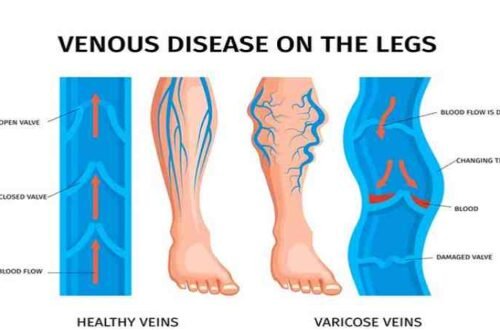Management of body weight is a multifaceted approach to help individuals achieve and maintain their health goals. A weight loss clinic offers targeted support and resources to fit each patient’s needs. Here’s what is included in a weight management program aimed at long-term wellness.
Medical Evaluation
The weight management program will assess your overall health to set safe, practical weight-loss targets. Medical staff measure your body mass index (BMI), muscle-to-fat ratio, and waist circumference to establish a baseline. Understanding health indicators helps determine any other medical risk factors and consistent monitoring of your numbers keeps your progress on track.
Workout Programs and Nutrition Plans
Exercise strengthens muscles, increases endurance, and increases metabolism, which aids in fat burning. Fitness experts tailor workouts based on your current abilities and gradually build intensity as your stamina improves. Full-body routines incorporating cardiovascular exercise, strength training, flexibility, and balance drills keep workouts engaging and doable. Yoga and pilates also help relieve stress and improve core stability. If you are a beginner, staff can demonstrate proper technique to prevent injury. As your fitness level increases, the workouts will evolve to ensure consistent progress.
A weight loss clinic may include dietary guidance, meal plans, and supplement suggestions as part of their services. Registered dietitians personalize meal plans that fit your nutritional needs, lifestyle, and food preferences. They’ll help you learn portion sizes and balance macronutrients for optimal energy and satiety.
Behavioral Counseling Support
Weight loss facilities offer emotional support through individual or group sessions with behavioral therapists. This helps identify the thoughts and habits that require adjustment. Cognitive-behavioral therapy teaches impulse control, portion moderation, and stress management. Understanding and valuing your worth beyond your weight should help you stick with your plan.
Peer Support Groups
Groups that show patient transformations show others that weight loss goals are achievable. New members discover that they aren’t alone in their journey when they connect with others who understand their struggles. Online forums provide a platform to share tips, encourage accountability, and celebrate victories. Hearing first-hand testimonials can solidify belief in one’s ability to emulate success.
Ongoing Check-ins
Scheduled appointments are the ability for participants to pause, celebrate progress, and set new goals. Reviewing your metrics gives a snapshot of how your efforts influence results. Constructive feedback from doctors pinpoints areas needing adjustment. Updated meal and exercise regimens launch the next stage of your journey. Evaluation gives an outside perspective on achievements you may have missed. This guidance keeps motivation high as you advance toward your goal.
Wellness Resources
Quality clinics prioritize patient education, teaching clients about nutrition and individualized workouts. As your progress continues, you will have access to specialists for referrals when needed. Multi-level wellness education provides a foundation for building lifelong healthy habits.
Partner With a Weight Loss Clinic Today
Contact a weight loss clinic to take control of your health. Their guided programs empower you to improve your quality of life through sustainable, healthy lifestyle changes. Engage with weight loss professionals and discuss your health goals. Now that you’re well-informed, take the first step of your weight management journey.





